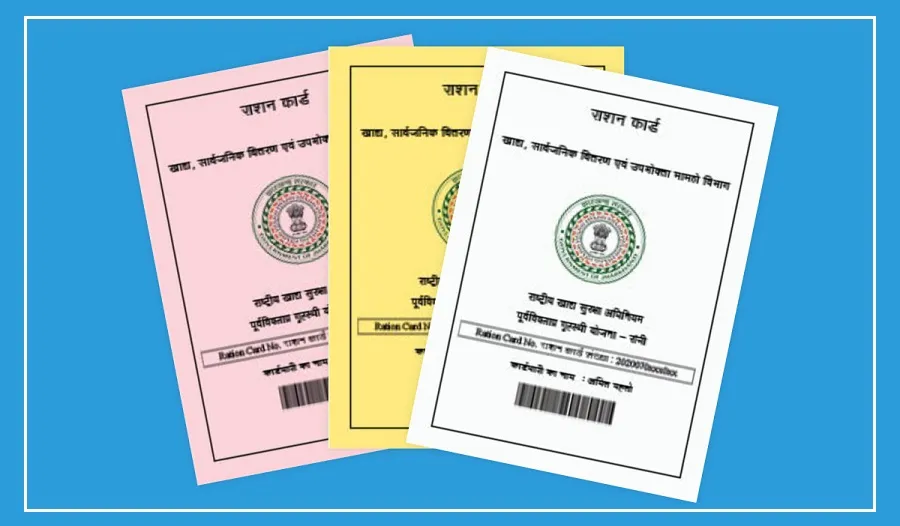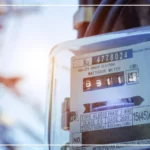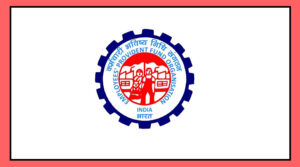The central government has extended the deadline for completing e-KYC for ration cardholders, providing relief to many beneficiaries.
The new deadline is now 30 April 2025. Previously, the last date was 31 March, but due to a large number of pending e-KYC applications, the government decided to extend it.
Officials have stated that this will be the final extension, and after this, the deadline will not be extended again.
If beneficiaries fail to complete e-KYC by this date, their ration card will be canceled, and they will no longer receive government food grains.
The government’s goal is to ensure transparency in the ration distribution system and prevent fraud.
Both state and district administrations have been instructed to closely monitor the process and raise awareness.
Over 5 Lakh Beneficiaries Still Awaiting e-KYC
In Kishanganj district, there are 15,76,222 registered ration cardholders. Of these, 10,66,102 have completed their e-KYC, which is 67.64% of the total target.
However, 5,10,120 people (32.36%) have yet to complete the process, which is concerning.
This large number of pending applications suggests a lack of information or limited access to facilities.
Thakurganj Block Has the Most Pending Applications
The block with the highest number of pending e-KYC applications is Thakurganj, with 92,131 beneficiaries yet to complete the process.
Other blocks with significant numbers of pending applications include:
Kochadhaman: 82,637
Bahadurganj: 76,313
Kishanganj: 73,322
Dighalbank: 72,547
Pothia: 69,054
Terhagachh: 44,116
These figures indicate that many people in several blocks still need to complete e-KYC, which may affect their access to ration in the future.
Efforts to Improve Participation
The administration is actively monitoring the situation and running awareness campaigns to help people complete their e-KYC. However, participation remains low.
For example, on 31 March, only 426 beneficiaries in the entire district completed their e-KYC, which is a very small number.
This could mean that the process is difficult, or people are not well-informed. If this trend continues, thousands of people could lose access to government food grains starting 1 May.

























